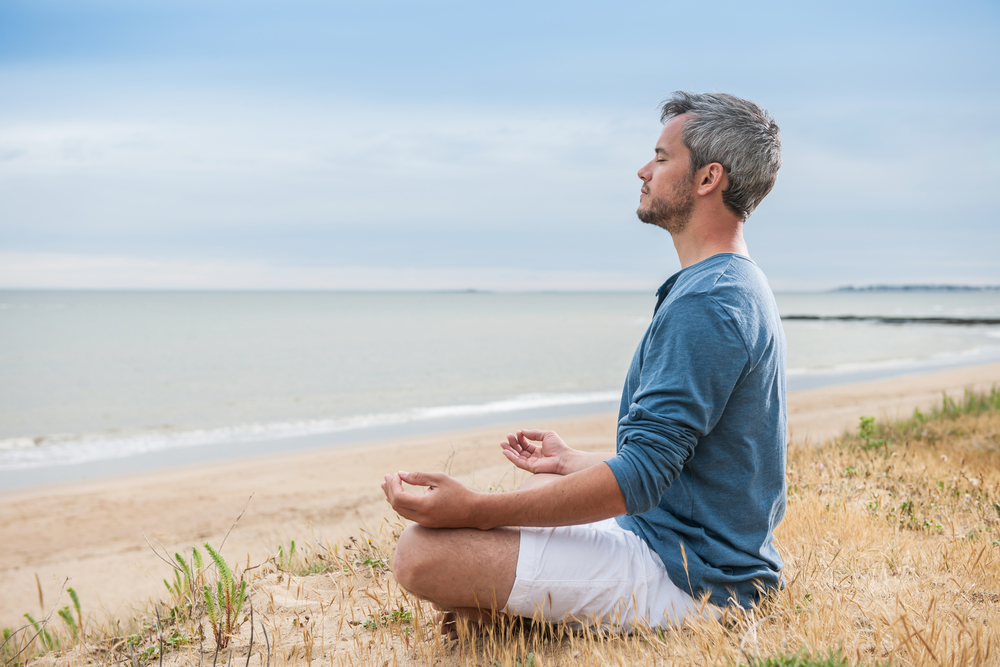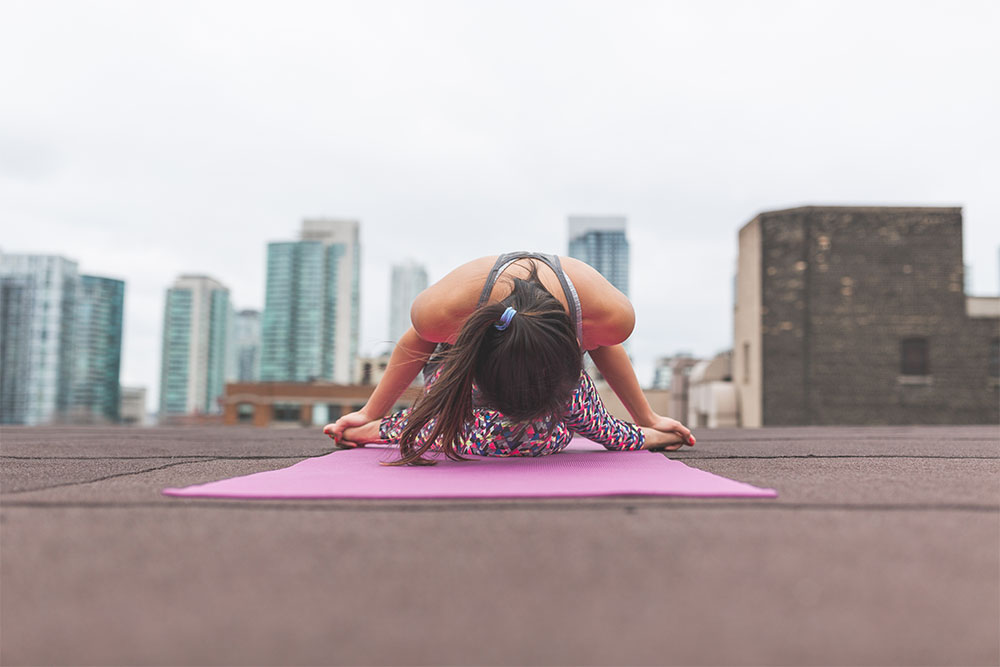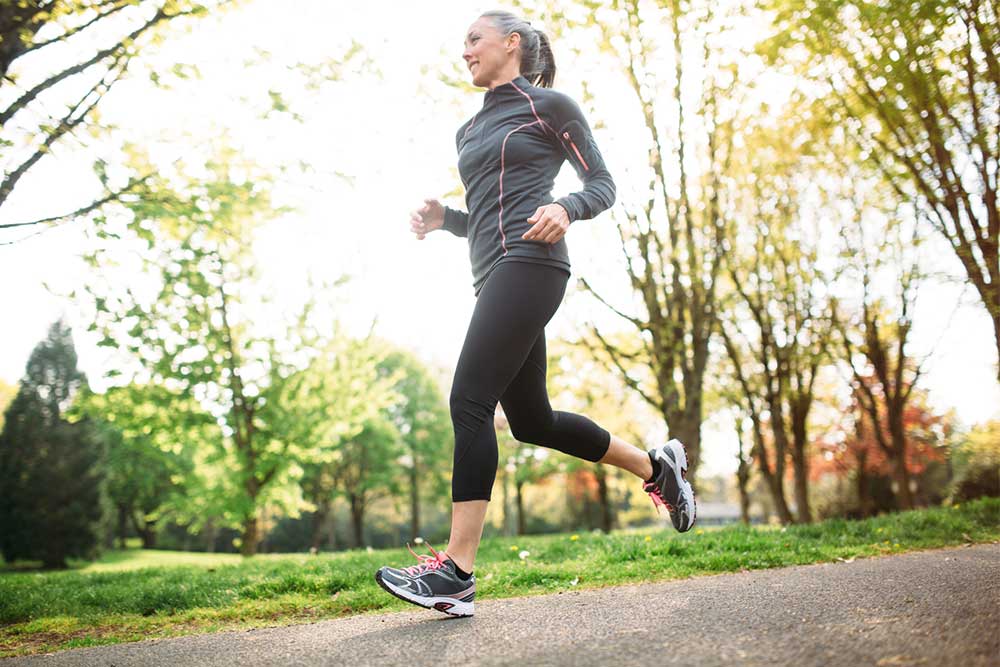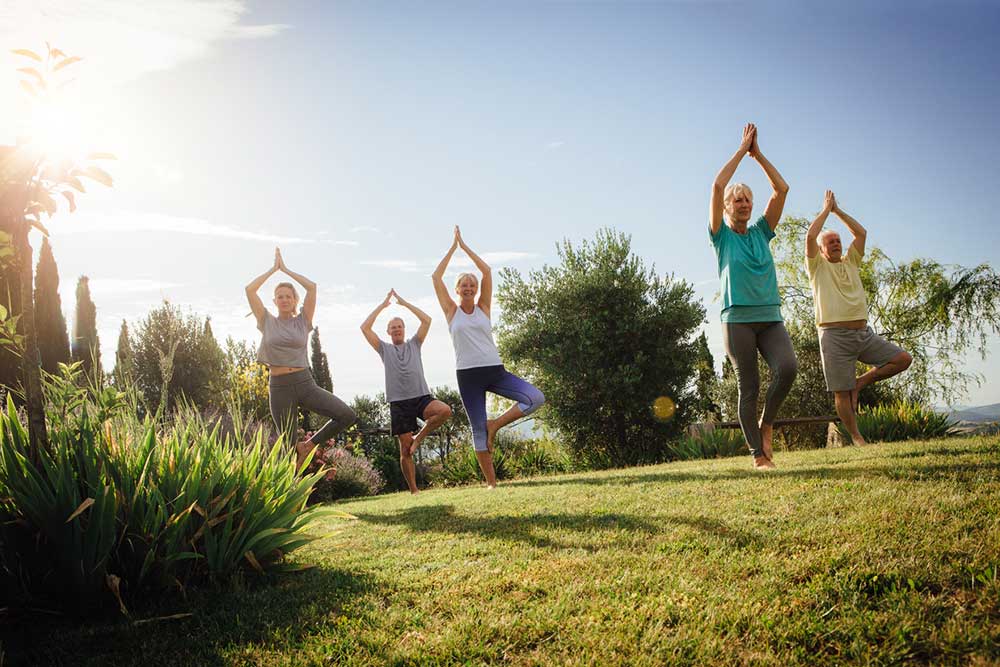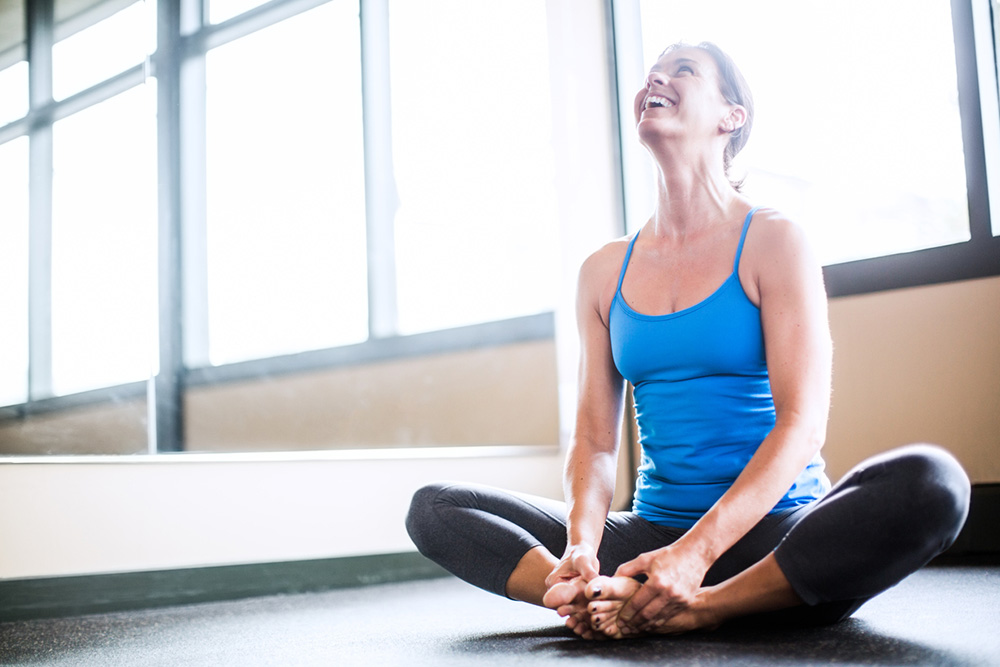Go Forth & Be Mindful
Hank Shell Well, folks, 2017 is drawing to a close, there’s still no natural snow in my neck of the woods, and suffice it to say that spirits are dwindling here in the sere and barren mountains of San Miguel County, Colorado. Well, perhaps there’s a bit of holiday cheer going around, if you’re into



